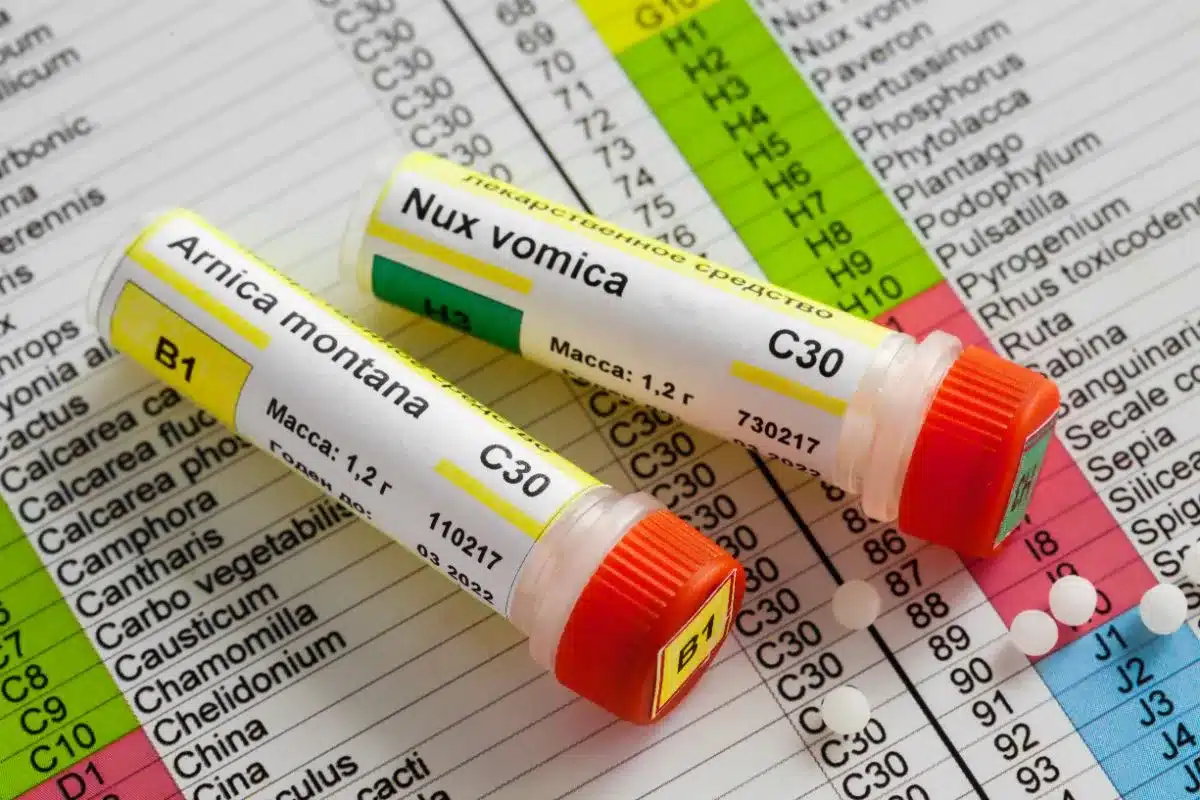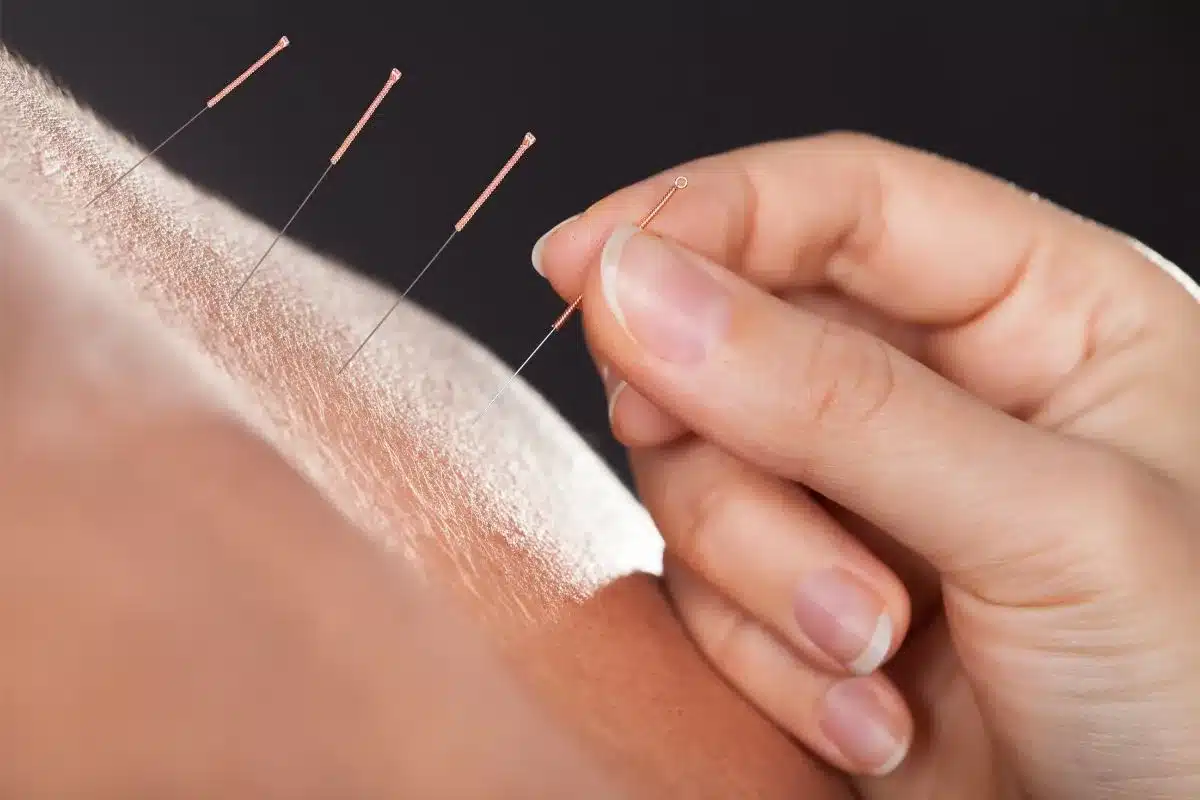Homeopathic Remedies for Alcohol Detox

Government statistics show that over 600,000 people in England are dependent on alcohol, while 10 million people regularly exceed low-risk drinking guidelines. The latest statistics show that alcohol addiction costs the NHS about £25 billion each year. However, experts predict that this estimation is out of date and doesn’t reflect the full scale of harm to wider society. Alcohol addiction is a chronic condition that’s characterized by marked changes in the structure and function of one’s brain, which can make it difficult to overcome.
Even those who begin the treatment process struggle to stay on the path to recovery, mainly due to the painful withdrawal symptoms that occur during detox. Although addiction treatment centres employ the use of evidence-based solutions, there’s a growing interest in complementary and homoeopathic remedies for alcohol detox. As more mental health professionals are advocating for a more integrative form of treatment, it’s worth looking at some of the different remedies that you can combine with conventional treatment.
What is Homeopathic Medicine?
Homeopathic medicine, or homeopathy for short, is a means of alternative medicine that’s based on the concept of treating ‘like with like.’ Practitioners aim to stimulate the body’s healing response to a specific condition with specially prepared, diluted solutions. Unlike conventional medicine, which is formulated to address all symptoms, homoeopathic remedies are tailored to a specific person. Therefore, it’s possible for two people with a similar condition, like alcohol addiction, to receive different treatments.
Homeopathic Remedies for Alcohol Detox
According to the National Center for Complementary and Integrative Health, homoeopathic products come from different plants and minerals. Common examples include arnica, red onion, stinging nettle, and poison ivy. It uses a different diagnostic system to recommend treatments for individuals. Similarly, homoeopathy looks for different clinical symptoms compared to conventional medicine. These are some of the homoeopathic remedies you can try during the alcohol detox process.
Arsenicum album
Also known as arsenic, it’s a trace element that naturally occurs in foods like rice. While organic arsenic is safe for consumption, inorganic arsenic is toxic. Homeopathic practitioners prescribe arsenic album-based solutions to relieve seizures, arsenic poisoning, and other conditions. However, most homoeopathic preparations are highly diluted, so they contain very few traces of arsenic.
When you’re struggling with addiction, withdrawal symptoms can result in heightened anxiety and compulsive drug-seeking behaviour. In this case, Arsenicum album, a diluted solution containing arsenic, can relieve anxiety and compulsive behaviours that follow.
Nux vomica
Nux vomica is a homoeopathic medicine that’s sourced from the Strychnos nux-vomica tree. The remedy is made from the seeds of the tree, which contain brucine and strychnine – compounds that can be toxic in large enough doses. Some findings by researchers indicate that a combination of different compounds in nux vomica makes it an effective antioxidant.

Meanwhile, one study from 2015 shows that the extract of nux vomica leaves can have analgesic effects. Similarly, there have been studies on the effects of removing strychnine from seeds. Researchers found that doing so enhanced nux vomica’s anti-inflammatory capabilities. So, how does it help during an alcohol detox? During withdrawal, you may struggle with symptoms like irritability, nausea, and constipation. Nux vomica can alleviate these symptoms, thereby reducing compulsive alcohol-seeking behaviour.
Lachesis
Lachesis, another homoeopathic medication, is made by diluting the venom of the highly poisonous South American bushmaster snake. Practitioners prepare solutions by diluting extracted venom so as to counter its negative effects. It’s useful for people undergoing alcohol detox as it can relieve headaches, which are a common withdrawal symptom. This effect could be linked to how Lachesis can bring down high blood pressure levels. While unproven, it can also reduce the intensity of alcohol cravings.
Complementary Treatments For Alcohol Addiction
While homoeopathic remedies can supplement conventional treatment during alcohol detox, there are other recommendations as well. These days, more and more addiction treatment facilities are using complementary methods that keep you on the road to recovery. The purpose of such treatments is to help you recover with a better lifestyle.
Art and Music
If you’re enrolled in a traditional addiction treatment program, art and music therapy are helpful additions. They can provide benefits like better stress reduction, self-awareness, and emotional well-being. When you think of addiction treatment, it’s likely that things like group counselling and detox come to mind. While these are certainly important, holistic methods involving creativity, such as art and music therapy, can help with emotional expression. Studies show that integrating such therapies can help meet the individual needs of people enrolled in substance abuse treatment programs.
Exercise
Even with medication, alcohol detox can be quite uncomfortable. Even if you manage to overcome cravings, symptoms like nausea, headaches, and insomnia can make it harder to avoid drinking. During treatment, exercise is a useful tool for dealing with withdrawal symptoms. There’s plenty of evidence showing how aerobic exercise can trigger the release of endorphins, which induces feelings of pleasure and happiness. Additionally, it’s an effective means of stress relief, as studies show that it can lower cortisol levels.
Mindfulness
Another element of holistic treatment is mindfulness, which helps relieve withdrawal symptoms like anxiety. According to one study in which participants were undergoing treatment for alcohol addiction, many reported that it helped them cope with alcohol cravings. Studies like these show how mindfulness meditation can act as an adjunctive therapy for the purpose of relapse prevention. During withdrawal, your body experiences high levels of stress, increasing the risk of a relapse. Practising mindfulness in this situation can help you cope and stay calm.
Biofeedback
Another method that’s gaining traction is biofeedback therapy, which is designed to help you regain control over your mind and body during the treatment process. When your body goes through alcohol withdrawal, it responds with involuntary function changes in your heart rate, blood pressure, and muscle contractions. According to one study, people who underwent biofeedback therapy have longer periods of alcohol abstinence than those who don’t.
In biofeedback therapy, the therapist places electronic sensors on your skin. These are wired to a medical device that gives you feedback on different biological signs. For instance, if your heart rate goes up, it may appear as a pulsing light on the monitor. This gives you a signal to use stress-relief strategies to bring down your heart rate. As your heart rate goes down, the light on the monitor will slow down as well, which helps you realize that it’s working.
Acupuncture
This is a form of complementary treatment that involves inserting fine needles in the skin at specific pressure points. Practitioners use it to alleviate problems like back pain and neck pain. Research indicates that acupuncture can be helpful during detox, as it reduces cravings and helps rebalance neurotransmitter levels in the brain. It also reduces heightened sensitivity to pain and other withdrawal symptoms like insomnia and anxiety by promoting relaxation.

Nutritional Therapy
Long-term substance abuse can wreak havoc on your gut, impact your metabolism, and result in nutritional deficiencies. These deficiencies play a major role in making you feel worse, as well as causing symptoms like nausea, vomiting, and diarrhoea. It’s quite common for people undergoing addiction treatment to have low levels of vitamin B6, folic acid, and thiamine. It’s why many treatment centres promote the idea of balanced nutrition and the adoption of better eating habits.
Making Sure You Get Effective Addiction Treatment
While homoeopathic remedies for alcohol detox and complementary therapies are certainly useful during addiction treatment, keep in mind that these aren’t alternatives for medically supervised detox. It’s important that you consult a licensed practitioner who uses research-backed therapies as the primary approach for treatment. Holistic therapies have a positive effect when they’re combined with traditional practices like medically supervised detox, counselling services, and treatment medication.
If you are looking for an affordable and reliable home alcohol detox service in the UK, you can get a consultation from UK Home Detox‘s medical professionals.

